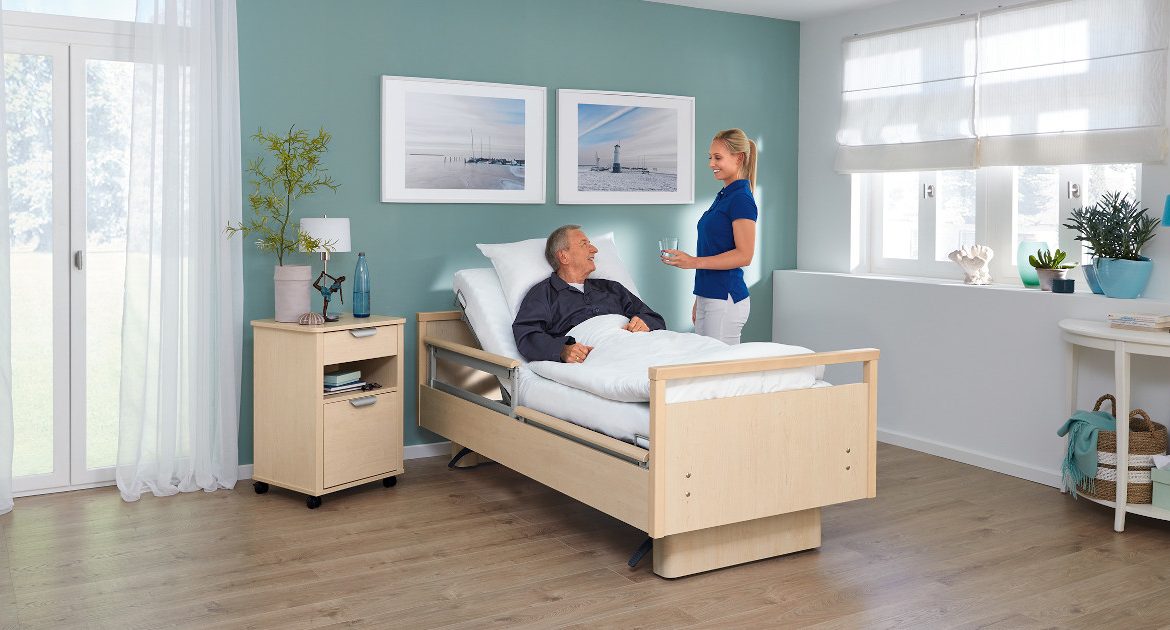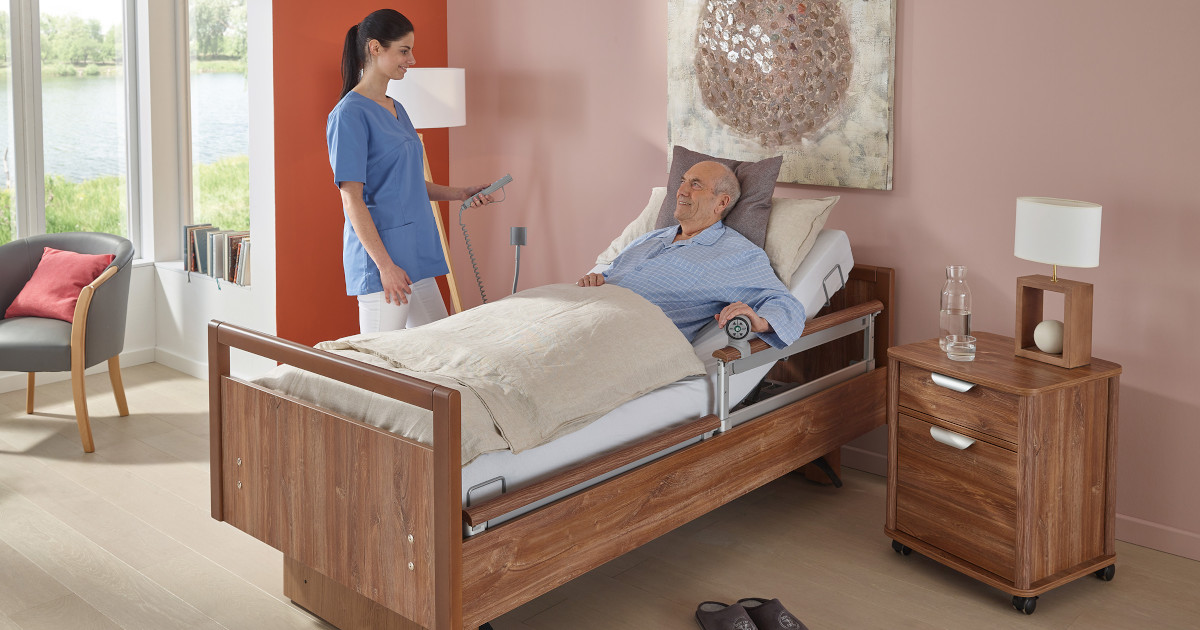Many residents have the desire to get to know their caregivers better. They want to feel valued and cared for. Often, nursing staff feel the same way. They also want to maintain good contact with the seniors. „The residents are grateful if you find time for them,“ explains Lea Stanzl, a specialist in geriatric care. Her assessment: „Due to staff shortages or obligations at the workplace, it is often only possible to take time for discussions to a limited extent. As a result, senior citizens feel neglected and complain about the impersonal treatment“. We show how to maintain a good relationship despite lack of time by means of five practical tips:
1) Communicate openly
Senior citizens often misjudge the workload of the nursing staff. The resident feels overlooked because he or she takes rapid behavior of the specialist personally. „Some people think that we deliberately take little time,“ says Lea Stanzl. „But it is just as important to us to spend more time with our residents“.
Open communication is therefore essential. The resident should be told that you as an employee have many obligations. From hygiene at the bedside to dispensing medication to caring for relatives.
Often it is these circumstances that cause a tight time budget – this should be communicated by nurses to their seniors. Be careful not to complain about the situation. Rather, describe the variety of tasks that you have to deal with every day. In this way, you will provide insights into their everyday life and arouse realistic expectations.
2) Show interest
A good way to get residents interested is to ask questions. These can be personal, but do not have to be. After all, even impersonal questions help to make the senior citizen feel perceived and appreciated as a person.
- Have you already enjoyed the nice weather today?
- What are you looking forward to in the coming days?
- How was your visit today?
- And similar questions can help to create a nice, short conversation.
It becomes more personal if you already know the person a little bit and can ask more specific questions. Every time you ask about grandchildren or events of his favorite series, you communicate interest in his well-being and that you are trying to get to know him better as a person. Conducting such conversations „is not an ‚additional service‘, but is one of the central tasks of a caregiver,“ writes Dr. Clemens Hausmann, author of the book Kommunikation in der Pflege: Grundlagen für die Praxis.
3) Convey appreciation
Appreciation can be expressed in various ways. The simplest method is talking. If you are friendly in conversation, almost everyone feels seen and respected. „A simple smile or compliment can work wonders,“ Stanzl explains.
Telling about your personal life or asking for advice also shows the patient appreciation and builds trust. Fall back on everyday situations and ask for advice:

- Ms. Maier, how does the apple pie recipe work again?
- Mr. Schuster, what was it like when you learned on your journeyman’s examination?
- Mrs. Ernst, you have been on vacation in Italy, what can you recommend?
- If you want to convey appreciation to the senior citizen through non-verbal communication, book author Hausmann advises „if possible, go at eye level with the person you are talking to, adopt a similar posture and keep eye contact repeatedly“. This helps to „promote the conversation also on the relationship level“.
4) Active listening
Residents who receive few visitors like to talk a lot. Those who can now actively listen will find it easier to work. „The seniors have a lot to say and appreciate it very much if you listen to them sincerely,“ says Stanzl. For active listening, the nurse needs an open ear, should show understanding and definitely ask questions. Health psychologist Hausmann explains that eye contact and interested facial expression, nodding, yes and mm show the interlocutor that one listens to it attentively. This encourages him to continue talking and the conversation stays going“. Now and then summarizing what has been said in your own words is another means of active listening.
5) Remain positive
Sometimes it does not work with the residents‘ time as desired. If you are in the middle of everyday stress and other things are on your mind, it is understandable that you do not have time for the points mentioned. In this case it helps to become aware of your non-verbal communication. Be it loving looks, calm gestures or a friendly facial expression: residents perceive their stress and discomfort consciously and unconsciously. A negative mood can therefore develop.


